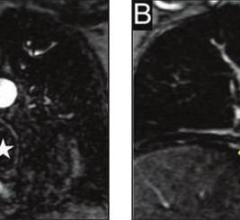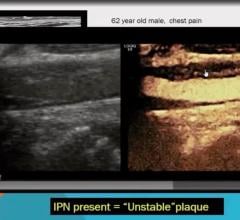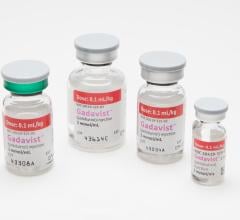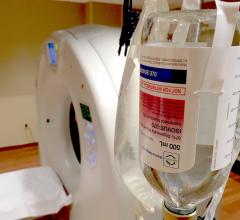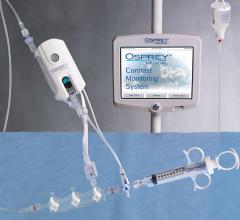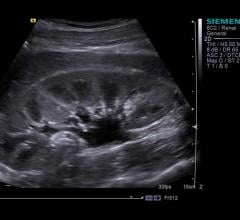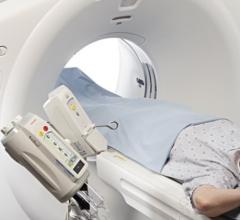December 26, 2007 - The loss of more than 50 percent of the North American Mo-99 supply is now having an impact on the ability of physicians to perform diagnostic cardiac nuclear medicine studies which depend on a reliable daily supply of isotope Technetium (Tc-99m).
Severe cutbacks are occurring throughout the nuclear cardiology community as unit doses of Tc-99m cardiac imaging radiopharmaceuticals are rationed. Urgent nuclear cardiology studies may still be performed with a different cyclotron produced radiopharmaceutical, Thallium-201 (Thallous Chloride).
For non-cardiac imaging with nuclear medicine materials, which includes tests for cancer and other disorders, there are very few practical alternatives to Tc-99m radiopharmaceuticals. Other radiology imaging modalities have limited capability and capacity to fill the void.
Radiologists are making every effort to employ alternative imaging methods to provide the information needed by patients and their primary physicians until the supply issue can be resolved.
Mallinckrodt Medical, a subsidiary of Covidien, is able to secure Mo-99 from its production facility in the Netherlands. However, Mallinckrodt cannot fully replace the Mo-99 deficit with its European source.
The American College of Radiology is investigating how it may be of service to radiologists and other nuclear medicine providers regarding this issue. The College will continue to monitor this situation and will inform members of any developments as information becomes available.
Source: American College of Radiology
For more information: www.acr.org


 August 17, 2023
August 17, 2023 
